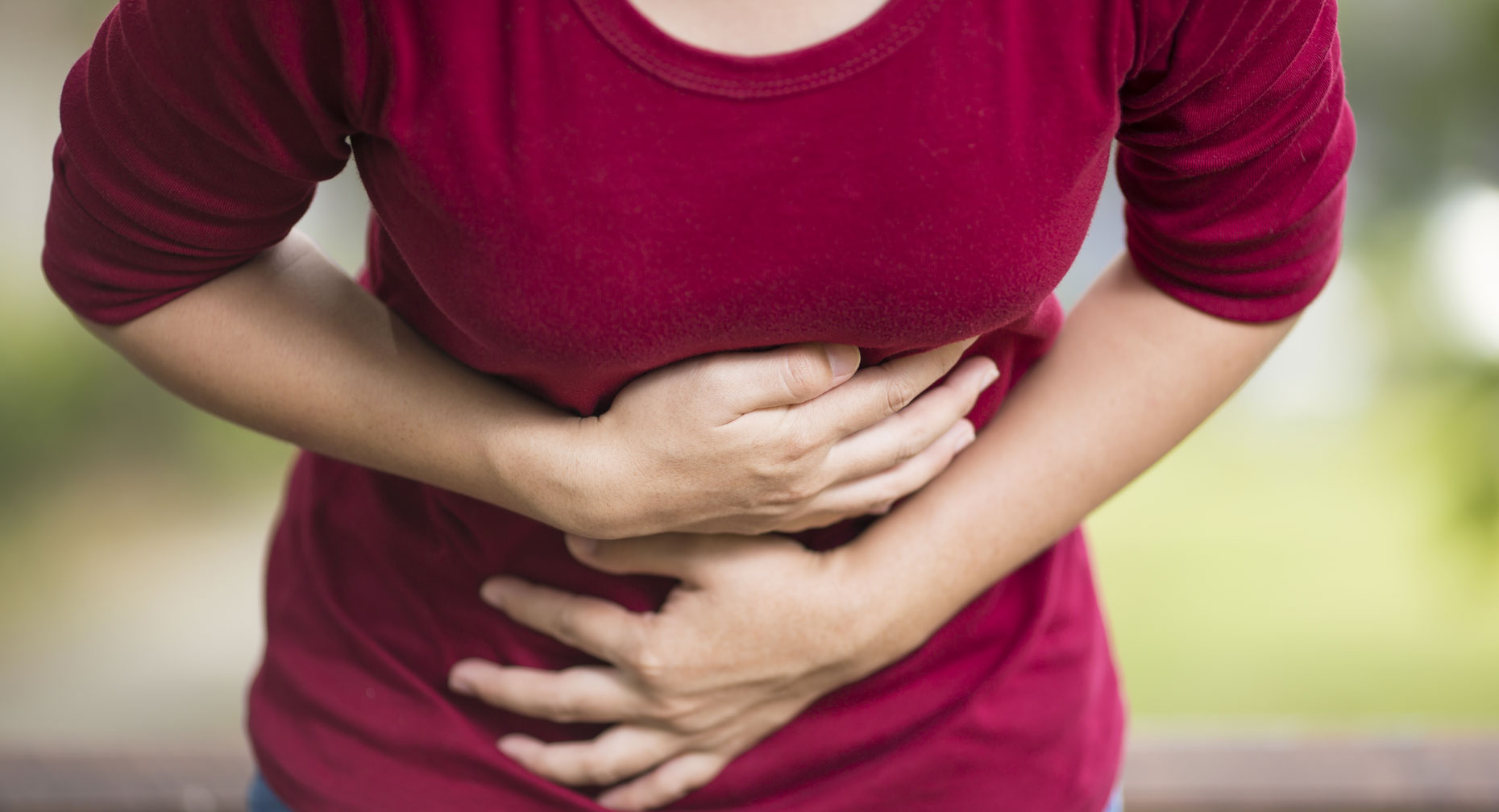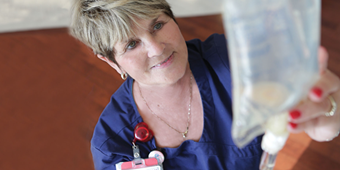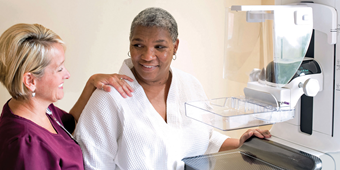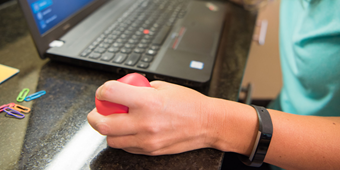Why Women Should Care About Colorectal Cancer

Answer a few questions and we'll provide you with a list of primary care providers that best fit your needs.
Colorectal cancer doesn’t draw the same public attention as, say, breast cancer. But it should. When it comes to killing Americans, colorectal cancer stands second only to lung cancer. Each year, more than 136,000 Americans learn they have colorectal cancer. The numbers are slightly higher for men than for women, but for either sex, what you don’t know can hurt you.
What Is Colorectal Cancer?
Colorectal cancer describes cancer in either the colon or rectum. Together, they make up the last part of your digestive tract, the large intestine. The colon is about five feet long and absorbs water and stores stool. The rectum is the last six inches of the large intestine that lead to the anus, where stool passes from the body.
Millions of cells make up the smooth inner lining of the colon and rectum. Changes in these cells can lead to growths called polyps or other precancerous conditions. Over time, these abnormal areas can become cancerous.
Early diagnosis is key to treating colorectal cancer effectively. A woman who is diagnosed and treated in the early stages has good odds for surviving five years or more – 87 to 92 percent.
What you don’t know can hurt you.
The American Cancer Society says the majority of colorectal cancers – and deaths, for that matter – could be prevented if we actually used what we know about prevention, increased the use of recommended screening tests, and ensured every patient received timely, standard treatment.
Symptoms? Maybe. Maybe Not.
Symptoms of colorectal cancer rarely show up in the early stages – when the cancer is most readily treated. Often, when symptoms do appear, the cancer may already have grown or spread to other organs.
That’s why you want to act fast and see your doctor if you notice any of these symptoms:
- Bowel changes that last for more than a few days, including diarrhea, constipation and stools that are thinner than usual
- Feeling that your bowel is still not empty, even after a bowel movement
- Bright red or very dark blood in your stool
- Weakness and fatigue
- Unusual food cravings
- Mucus or slippery film on your stool (or when you wipe)
- Stomach pain, aches, cramps or gas that doesn’t go away
- Weight loss you can’t explain
- Vomiting
All of these symptoms may point to colon cancer, but they also may point to something much less serious.
Testing for Colorectal Cancer
At your doctor’s appointment, be prepared to talk about your own symptoms and your family history of colorectal cancer. Your doctor will use that information and a physical examination to determine whether you need further testing for colorectal cancer. A procedure called a colonoscopy can provide clear answers about whether you have colorectal cancer or another condition.
The majority of colorectal cancers – and deaths, for that matter – could be prevented
Even if you don’t have symptoms, the American Cancer Society recommends that you see a gastroenterologist for a screening colonoscopy by age 45, or sooner if you have a family history or personal history of colorectal cancer or polyps.
Answer a few questions and we'll provide you with a list of primary care providers that best fit your needs.
Source: National Cancer Institute; American Cancer Society; Centers for Disease Control and Prevention




